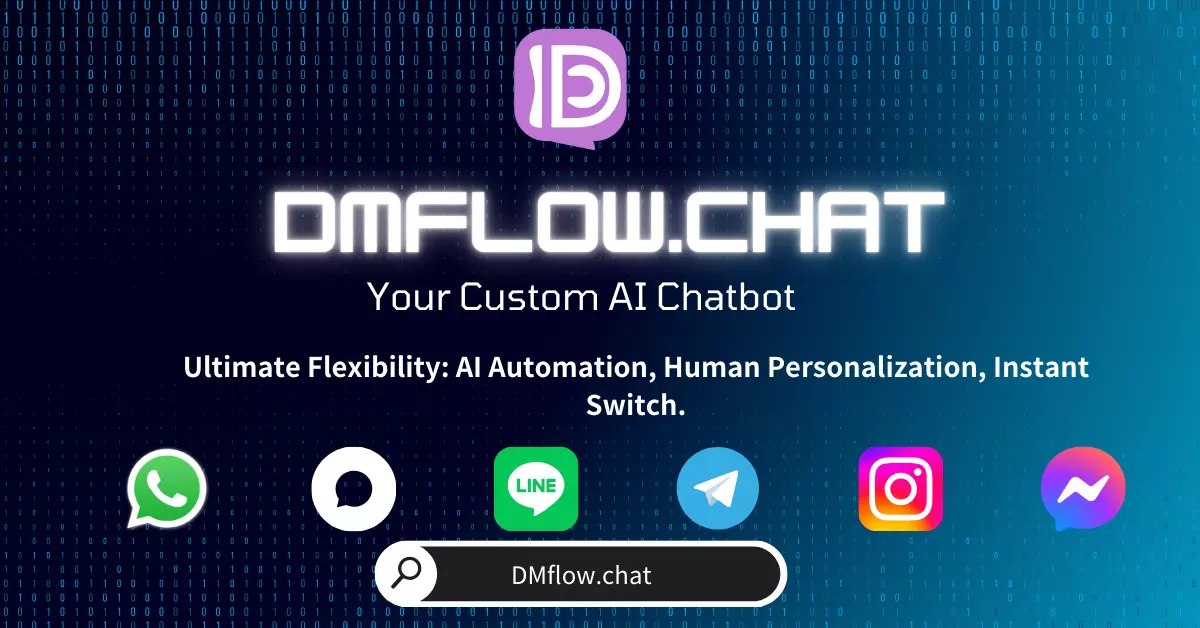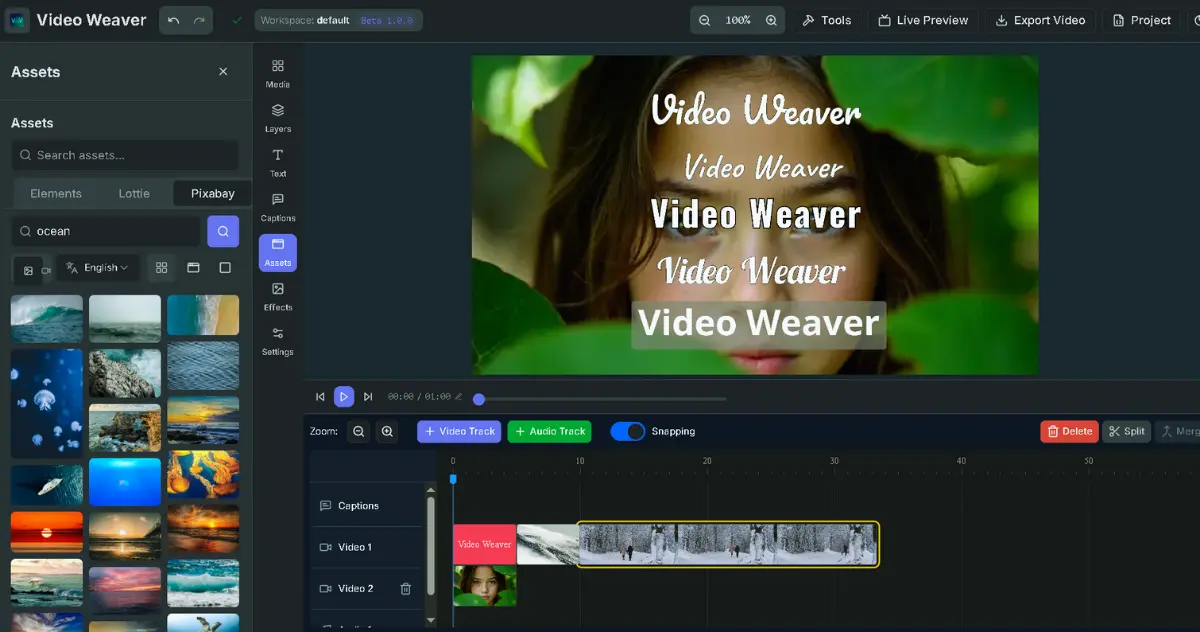2025-10-22 AI Daily: OpenAI's Atlas Browser Officially Launches, Google and Alibaba Cloud Flex Their Muscles Simultaneously
Explore today’s three major AI news: OpenAI launches the revolutionary Atlas browser with built-in ChatGPT, challenging Chrome’s dominance. Google AI Studio is upgraded to make developing AI applications as easy as ordering food. Alibaba Cloud’s Qwen enables one-click generation of web pages and podcasts from research reports, completely changing the way content is presented.
Today is definitely a day worth remembering in the history of AI development. The tech giants seem to have coordinated to drop bombshells, heralding a sea change in the way we interact with technology.
OpenAI has officially sounded the horn for the “browser wars” with the launch of its long-rumored ChatGPT Atlas browser; not to be outdone, Google has comprehensively upgraded its AI Studio with the goal of enabling everyone to easily build AI applications; meanwhile, Alibaba Cloud’s Qwen model is innovating in the field of content creation.
Ready? Let’s take a look at the big things that happened in the tech world today.
OpenAI Officially Declares War! ChatGPT Atlas Browser Arrives, Will It Completely Change the Way We Surf the Web?
Have you ever imagined that one day, your browser would no longer be a passive tool, but an intelligent partner that can understand and collaborate with you? Today, OpenAI has turned this imagination into reality with the official launch of its first AI-centric web browser - ChatGPT Atlas.
This is not just “built-in AI,” but “AI-centric”
Many of the “AI browsers” we’ve seen in the past are at best just a chatbot sidebar stuffed into a traditional browser. But Atlas’s philosophy is completely different. It’s not about “adding” ChatGPT to the browser, but about “building” a whole new browser around ChatGPT.
This means that your interaction with the internet will shift from the one-way “search, click, read” of the past to a two-way “dialogue, collaboration, and task completion.”
Atlas’s Three Core Weapons: AI Companion, Super Memory, and Automatic Agent
According to OpenAI’s announcement, Atlas’s power is mainly reflected in three aspects:
AI Companion & Split-Screen: When you open any web page, Atlas will present it in a split-screen format, with the web page content on one side and your AI companion ChatGPT on the other. It can “see” what you are browsing in real time. You can ask it at any time: “Help me summarize the main points of this article,” “Explain this technical document in a way I can understand.” Even with the “Cursor Chat” feature, you can simply select any text on the web page and directly issue commands to let the AI polish, translate, or rewrite it.
Browser Memory: Atlas has a memory function that can remember the topics and content you have browsed and provide more personalized help when you need it. You can give it commands like: “Help me find all the front-end engineer job openings I’ve seen in the past week, and summarize the recent industry trends so I can prepare for interviews.” It will immediately access your browsing memory to complete this complex task.
Agent Mode: This is probably Atlas’s most exciting feature. In agent mode, the AI is upgraded from an “assistant” to an “agent” that can act on your behalf. You can authorize it to perform complex multi-step tasks, such as “Help me book an Italian restaurant in the Xinyi District this weekend that has a four-star rating and is suitable for a date.” The AI will autonomously browse web pages, compare options, and even fill out reservation forms. However, this powerful feature may currently be limited to paid subscribers.
Platform, Limitations, and Privacy: Everything You Want to Know Is Here
Of course, with such a powerful tool, everyone will be concerned about its platform support and privacy issues.
Currently, Atlas is only available on macOS, but OpenAI promises that Windows, iOS, and Android versions will follow soon.
To ensure security, the early version has some limitations, such as no file downloads, no browser extension installation, and no access to your computer’s local files.
In terms of privacy, OpenAI emphasizes that users have full control. You can view, edit, or delete the browser’s “memory” at any time, and you can also use incognito mode to ensure that your browsing activity is not recorded. More importantly, OpenAI states that your browsing data will not be used to train models by default (unless you actively choose to opt-in).
The market reacted sharply to the news, with Google’s parent company Alphabet’s stock price falling in response. The upcoming “AI browser war” has clearly put pressure on the current hegemon.
Google Fights Back: AI Studio Gets a Major Upgrade, Everyone Is an AI Developer
Just as OpenAI was announcing Atlas, Google also dropped a bombshell, announcing a comprehensive upgrade to its Google AI Studio with the launch of the new Vibe Coding feature.
From “Writing Code” to “Ordering-style” Development
If Atlas is about changing the way we “use” the internet, then Google’s goal is to change the way we “create” AI applications.
The new AI Studio aims to completely lower the technical barrier, allowing developers, startups, and even ordinary people who don’t know how to code to easily build their own AI applications. The whole experience is as simple and intuitive as ordering food.
A Few Clicks and Your AI Application Is Born
This upgrade brings several key new features:
- Modular “Superpowers”: You can add various AI features to your application by clicking, just like assembling Lego bricks, such as “media editing capabilities,” “faster AI responses,” or “deeper reasoning capabilities.”
- Secure Key Management: For developers, the most troublesome sensitive information such as API keys can now be securely stored in “secret variables,” which is a key step in moving applications from toys to products.
- One-click Deployment: Once you’ve finished designing your application, you can deploy it to the Google Cloud platform with a single click and immediately get a publicly shareable URL.
According to an official introduction, Google’s goal is to have over a million AI applications born on this platform by the end of this year. This is not only a strong response to OpenAI, but also part of its grand AI agent strategy, aiming to create a prosperous AI ecosystem.
Alibaba Cloud’s Qwen Evolves Again: Research Reports Become Websites + Podcasts with One Click
Today, Alibaba Cloud’s Qwen team also demonstrated their amazing progress in AI content creation. They have made a major upgrade to the Qwen Deep Research function, making the production of research reports cooler than ever.
Research Reports Are No Longer Just “Stale Documents”
In the past, AI-generated research reports were ultimately still static PDF or Word documents. Although rich in content, the form was monotonous.
Qwen’s latest upgrade completely subverts this model. Now, when you ask Qwen to conduct in-depth research, it will not only generate a detailed text report, but also simultaneously create for you:
- A Live Webpage: It will use the Qwen3-Coder model to transform the report content into a well-structured and visualized web page, making the information presentation more vivid.
- A Professional Podcast Recording: It will call the Qwen3-TTS (text-to-speech) model to convert the core content of the report into a smooth and natural voice podcast, allowing you to “listen” to the report while commuting or exercising.
Your Insights, Now Visible and Audible
The significance of this upgrade is that AI is evolving from a simple “text generator” to a “multimedia content creation engine.” It repackages complex information in visual and auditory ways, making the dissemination of knowledge more efficient and interesting. Imagine that in the future, when you share a market analysis report, you will no longer give your colleagues a thick PDF, but a website link and a podcast. Isn’t that a completely different experience?
In summary, today is another day of crazy acceleration in the AI field. OpenAI is redefining the interface of our interaction with information, Google is striving to make the creativity of AI accessible to everyone, and Alibaba Cloud is demonstrating the infinite possibilities of AI in content presentation.
This technological revolution led by AI is full of surprises every day. The future development will only be more exciting.




